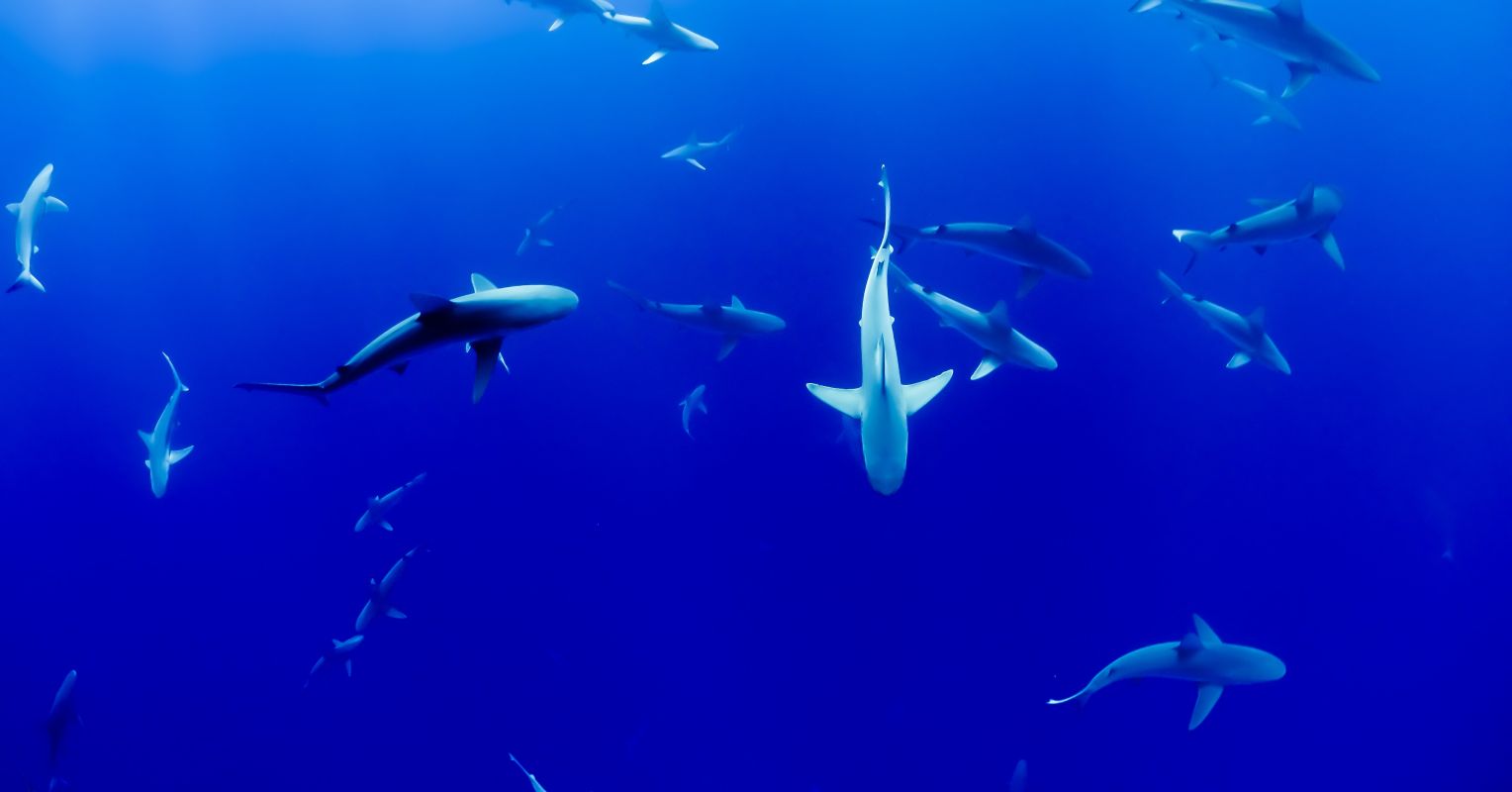
"Cocaine shark. I'm not talking about a budget horror movie but a peek into how our global drug habits have long-lasting consequences. Last year, a group of scientists took to the waters off the coast of Rio de Janeiro to capture Brazilian sharpnose sharks. The goal? To study what our drug use is doing to the environment and how to best convince people to consider the ecological penalties of addiction."
"Drugs like cocaine and a common metabolite of it, benzoylecgonine, show up in bodies of water near urban areas. People excrete drugs through urine and feces, which travels down the wastewater system into nearby rivers, lakes, and even seas. This can have disastrous downstream consequences. Public health officials worry about the health risk of consuming low amounts of cocaine from contamination in our drinking water."
"Concentrations of drugs like cocaine are at relatively low levels, ones scientists say are unlikely to cause any problems with human health. It's incredibly unlikely that you will overdose, or even just feel a buzz, from the amount found in urban water supplies. But that doesn't mean that these chemicals do nothing. We don't have the research on the long-term effects to claim chronic low levels are harmless or, alternatively, dangerous."
Cocaine acts as an environmental pollutant that enters rivers, lakes and seas when people excrete drugs and metabolites through urine and feces into wastewater systems. Wastewater testing can reveal drug use patterns and concentrations of cocaine and benzoylecgonine near urban areas. Cocaine use and overdoses have risen globally, and cocaine is increasingly cut with dangerous opioids such as heroin and fentanyl. Measured concentrations in water are generally low and unlikely to cause acute effects in humans, but long-term chronic impacts remain uncertain. Aquatic organisms including fish, algae and sharks appear sensitive to drug contamination, raising ecological concern.
Read at Psychology Today
Unable to calculate read time
Collection
[
|
...
]